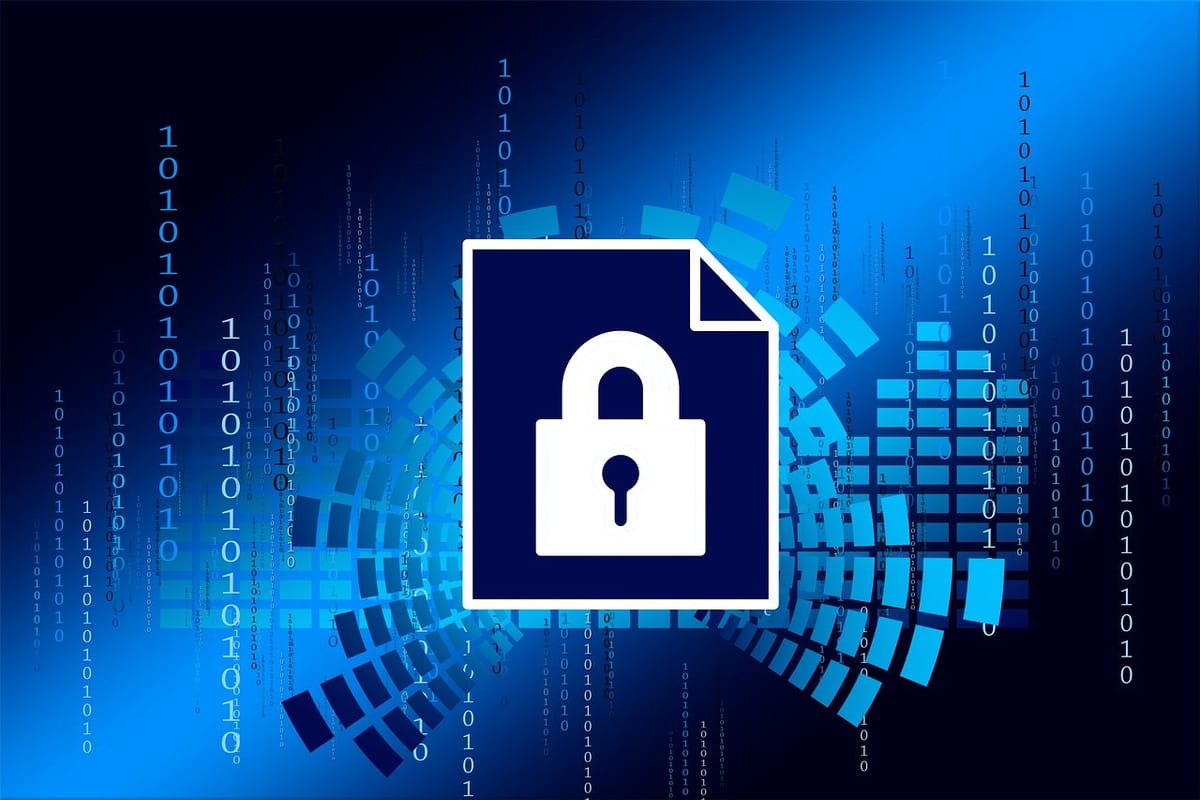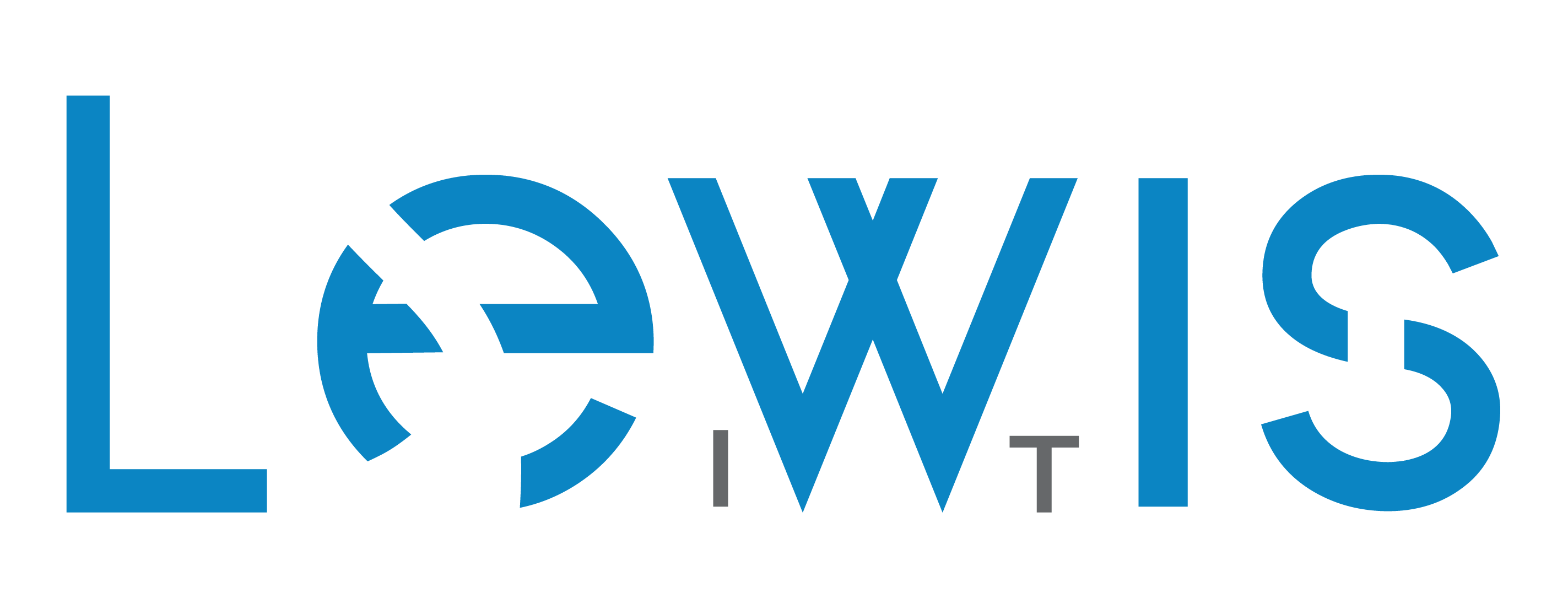How Could Your Business Be Impacted by the New SEC Cybersecurity Requirements?

Cybersecurity has become a top priority for businesses worldwide. As technology advances, so do the threats that can compromise sensitive information. Recognizing this critical need, the U.S. Securities and Exchange Commission (SEC) has introduced a set of new rules centered around cybersecurity, which are poised to have a substantial impact on businesses. In this article, we will delve into the key aspects of these regulations, shedding light on what they entail and how they may affect your organization.
Understanding the New SEC Cybersecurity Requirements
The SEC's new cybersecurity rules underscore the importance of proactive cybersecurity measures for businesses operating in the digital realm. These rules primarily focus on two critical areas: the timely reporting of cybersecurity incidents and the disclosure of comprehensive cybersecurity programs. Importantly, these regulations apply not only to U.S. registered companies but also to foreign private issuers registered with the SEC.
Reporting of Cybersecurity Incidents
The first rule necessitates the disclosure of cybersecurity incidents that are deemed "material." Companies are required to report these incidents on a newly introduced item, 1.05 of Form 8-K. There is a specific timeframe within which these incidents must be disclosed – within four days of determining that an incident is material. Companies must provide details about the nature, scope, timing, and material impact of the breach. However, it's worth noting that an exception exists when disclosure could pose a national safety or security risk.
Disclosure of Cybersecurity Protocols
The second rule mandates additional information that companies must report, and this information is to be included in their annual Form 10-K filings. This additional information encompasses:
- Processes for assessing, identifying, and managing material risks arising from cybersecurity threats.
- Risks associated with cyber threats that have already impacted the company or are likely to do so materially.
- Oversight of cybersecurity risks by the board of directors.
- The role and expertise of management in assessing and managing cybersecurity threats.
Potential Impact on Your Business
If your business falls under the purview of these new SEC cybersecurity requirements, it may be time to conduct another cybersecurity assessment. Penetration tests and cybersecurity assessments can help identify vulnerabilities in your existing protocols, reducing the risk of cyber incidents and compliance failures. Here are some potential areas where these new SEC rules may impact businesses:
- Increased Compliance Burden: Companies will now face a heightened compliance burden as they align their cybersecurity policies with the new SEC requirements. This may necessitate a significant overhaul of existing practices, policies, and technologies, requiring a substantial investment of time and resources, affecting both large corporations and smaller businesses.
- Focus on Incident Response: The regulations highlight the importance of robust incident response plans. Businesses will need to invest in protocols to detect, respond to, and recover from cybersecurity incidents promptly. This includes clear procedures for notifying regulatory authorities, customers, and stakeholders in the event of a data breach.
- Heightened Emphasis on Vendor Management: The SEC's rules emphasize the need for businesses to assess how third-party vendors handle cybersecurity. This shift in focus may require a comprehensive review of existing vendor relationships and potentially lead to the identification of more secure alternatives.
- Impact on Investor Confidence: With cybersecurity breaches capable of eroding investor confidence and damaging a company's reputation, the SEC's scrutiny of cybersecurity measures will likely result in investors scrutinizing businesses' security practices more closely. Companies with robust cybersecurity programs may inspire greater confidence among investors, potentially leading to increased investments and enhanced shareholder trust.
- Innovation in Cybersecurity Technologies: As businesses strive to meet the new SEC requirements, there will likely be a surge in demand for advanced cybersecurity solutions. This increased demand could foster innovation within the cybersecurity sector, leading to the development of more effective cyber protection solutions.
The SEC Rules Bring Challenges, but Also Possibilities
The introduction of these new SEC cybersecurity requirements represents a significant milestone in the ongoing battle against cyber threats. While these regulations present challenges, they also offer opportunities for businesses to strengthen their cybersecurity posture, enhance customer trust, and foster investor confidence. By proactively embracing these changes, companies can meet regulatory expectations and fortify their defenses against the ever-evolving landscape of cyber threats. Adapting to these regulations will be crucial in ensuring the long-term success and resilience of your business.
Need Help with Data Security Compliance?
When it comes to ensuring compliance with cybersecurity rules, having an experienced IT professional by your side is essential. Our experts are well-versed in compliance requirements and can help your organization meet them affordably.
Reach out to us today to schedule a consultation and ensure your business is prepared to navigate these new cybersecurity regulations effectively.
ph: 240-784-1221
email: info@lewisit.io
Article used with permission from The Technology Press.

